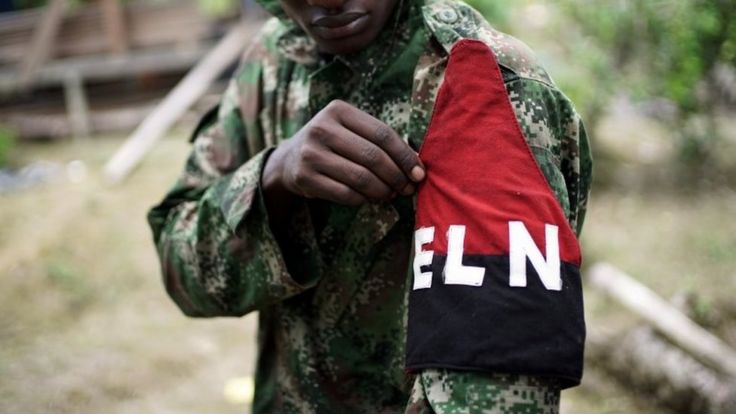By: Fernando Oliveira
Impunity Watch Reporter, South America
NEW YORK, United States – On October 15, 2017, relying on the United Nation Resolution 2,350/2017, the MINUSTAH (French acronym for United Nations Stabilization Mission in Haiti) left the Caribbean island, being replaced by the Mission for Justice Support (MINUJUSTH), now integrated by 295 police officers, meant to assist and strengthen local police forces.

The mission, led by the Brazilian army with the assistance of other 16 nations, commenced in April 2004, two months after the then Haitian President Jean-Bertrand Aristide was ousted for the second time by local revolutionaries. Indeed, soon after Aristides’ deposition, various armed gangs took the country’s capital, Port-au-Prince, mainly the neighborhood named Cité Soleil, and started to firefight among themselves in a dispute to take the country’s power. The situation, thus, became completely out of control.
As such, the most relevant goal of the U.N. peacekeepers was to quell those armed gangs, in order to stabilize the country again. After many years combating them, the MINUSTAH accomplished the mission and restored the peace in Haiti.
However, during that long period, the MINUSTAH faced some serious troubles such as militaries being charged of sexual abuse against Haitian teenagers, and unnecessary force used against civilians. Furthermore, diseases and natural catastrophes turned things more complicated. In fact, in 2010, a deadly earthquake destroyed almost the entire country; later on, in that same year, U.N. militaries from Nepal were blamed on a cholera outbreak, which killed over 9,000 Haitians. Beyond that, in 2016, Haiti was taken by the hurricane Matthew. All those disasters contributed to postpone the end of the operation.
Nonetheless, the mission is considered a success by the U.N. According to Sandra Honoré, U.N. special representative and head of MINUSTAH:
“These are all indications that the people of Haiti are ready to move forward.”
Now, MINUSTAH troops have been replaced by MINUJUSTH, which will operate in Haiti for about two years. As the local police gets ready to operate by itself, the U.N. police force will gradually withdraw, eventually putting an end to its intervention.
For more information, please see:
New York Times – U.N. Votes Unanimously to End Peacekeeping Mission in Haiti – 13 April 2017
Telesur – UN Military Force Led by Brazil Will Leave Haiti in October – 22 April 2017
Newsweek – After 13 Years and Several Scandals, U.N. Votes To End Mission In Haiti – 13 April 2017
BBC News – Brazil plans Haiti peacekeeping withdrawal, says Amorim– 6 September 2011
EBC Agencia Brasil – Brazil prepares for final withdrawal of Haiti mission – 22 July 2017

/i.s3.glbimg.com/v1/AUTH_59edd422c0c84a879bd37670ae4f538a/internal_photos/bs/2017/P/N/gD8et4RpiAXd7WsDdCjg/frame-vl.jpg)

